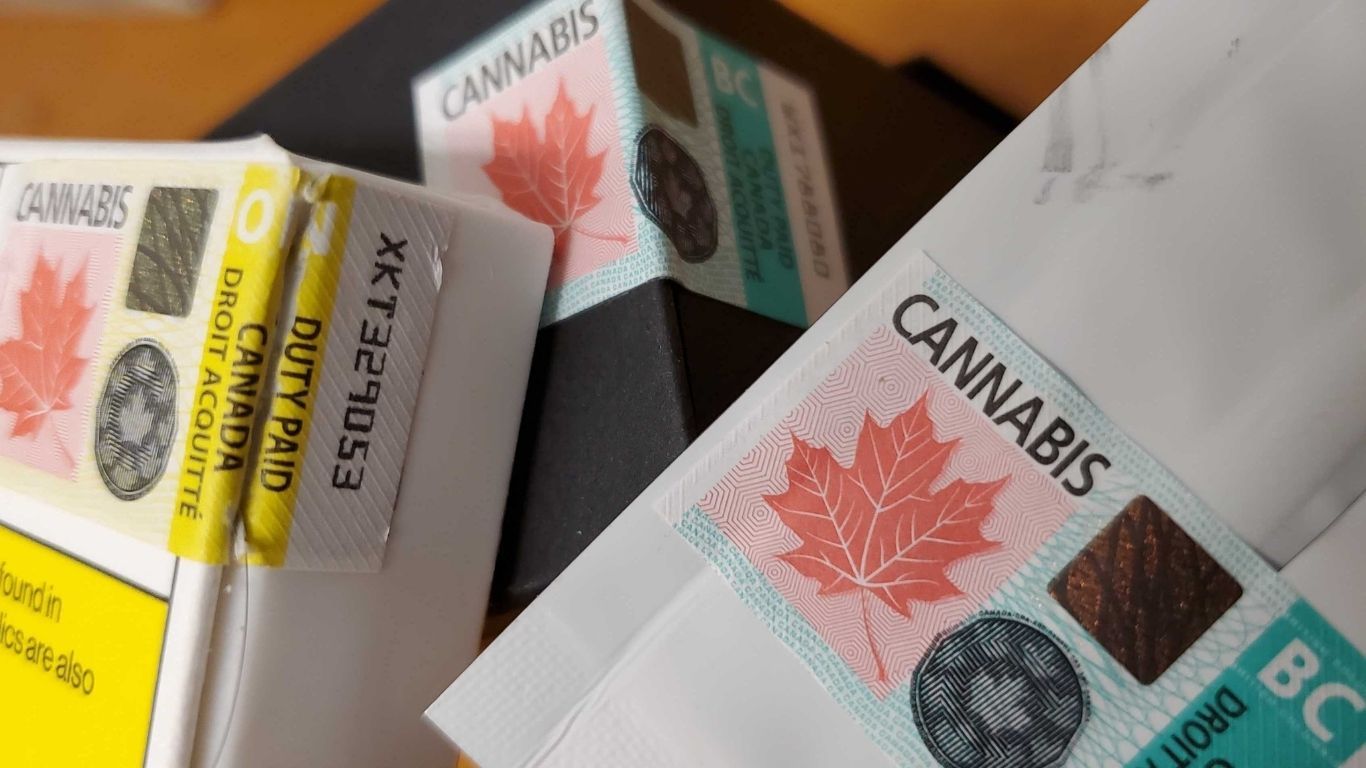
Canada’s Deputy Prime Minister and Minister of Finance has introduced a bill that, among many other issues, includes proposed changes to the federal excise duty frameworks for cannabis.
The bill, Bill C-32, An Act to implement certain provisions of the fall economic statement, was tabled in the House of Commons on November 3, 2022, and was read a first time on November 4.
While the bill deals with numerous issues relating to income tax, excise tax, the Canada Deposit Insurance Corporation Act, and more, it also includes references to changes to the current federal excise tax for cannabis.
The cannabis-related piece of the proposed legislation would: permit excise duty remittances for certain cannabis licensees to be made on a quarterly rather than a monthly basis; would allow the transfer of packaged, but unstamped, cannabis products between licensed cannabis producers; and would implement changes to the federal excise duty framework for vaping products in relation to the markings, customs storage, and excise duty liability of these products.
If passed, the changes to excise duty remittances would begin from the quarter that began on April 1, 2022.
A recent report noted that many Canadian cannabis companies are not paying their federal excise taxes on time, with nearly $100 million now estimated as unpaid for 2022-2023.
The industry has long argued that the high level of federal excise tax imposed on cannabis products makes it difficult for businesses to survive. Cannabis producers pay either 10% or $1 per gram on cannabis sold through the medical program or into provincial markets, whichever is higher. Since most cannabis is sold through those channels at well under $10 a gram, this means producers are paying, in some instances, around 20%-30% of their sales in federal taxes.
The proposed changes in the new bill also include several instances of house-cleaning in relation to federal cannabis excise taxes, such as clarifying that duty is imposed not just on packaged cannabis, but also on stamped cannabis, or that the duty imposed is payable by the cannabis licensee that is responsible for the cannabis products immediately before those products are stamped.
However, the changes to quarterly reporting periods may not apply to licence holders if the threshold amount of the cannabis licensee fees for the particular calendar quarter exceeds $1,000,000.
In those cases, the Minister may revoke a cannabis authorization if: the cannabis licensee requests in writing that the Minister do so; if the cannabis licensee fails to comply with the Act; or if the Minister considers that the authorization is no longer required.
All of the proposed changes can be viewed here. The bill still needs to pass through Parliament before it can come into force. It is expected to be read a second time when the House sits again on Monday, November 14, 2022.











